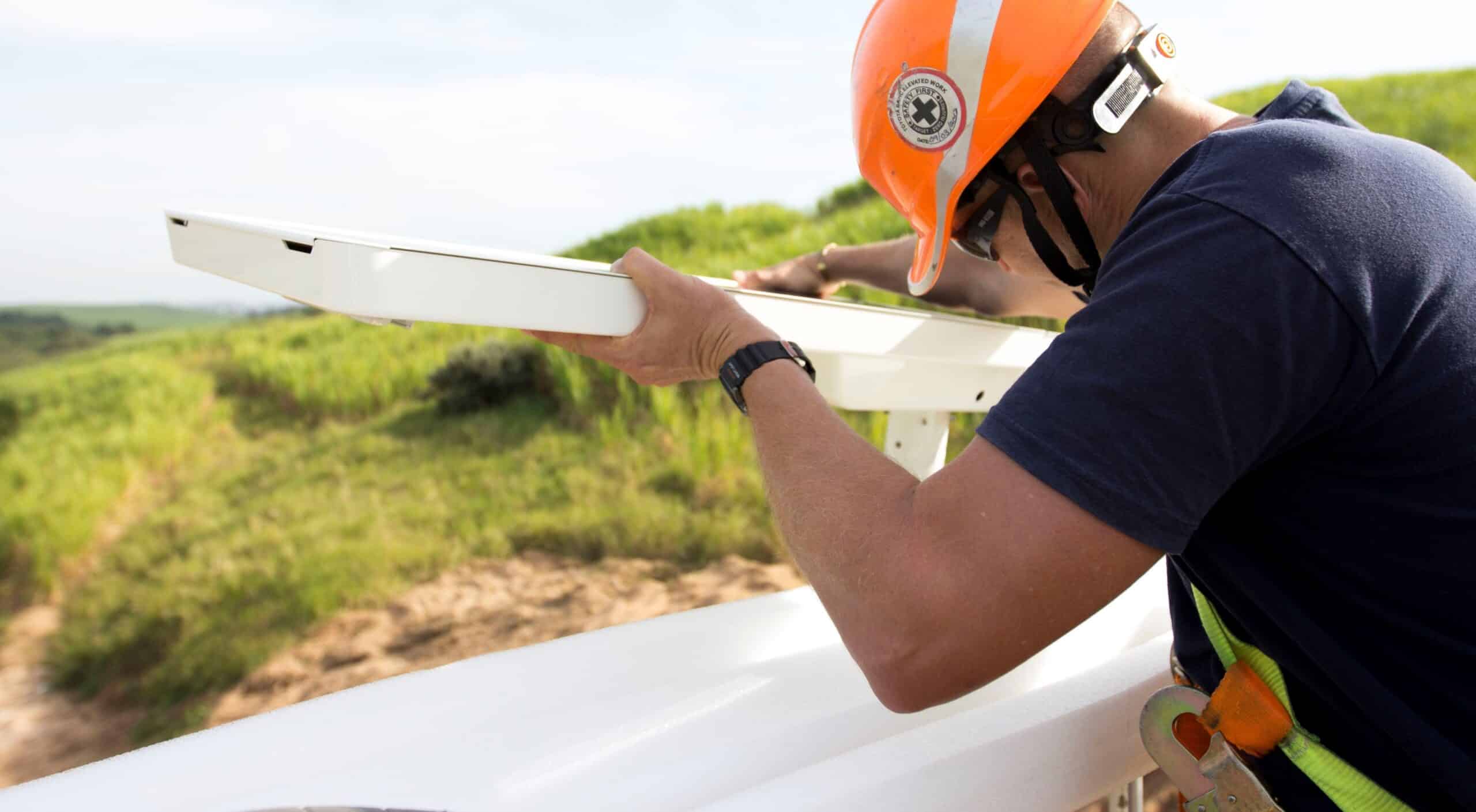Home Solar lighting blog Case studies Solar & connected urban lighting
Objective: provide an alternative to urban lighting with autonomous and interconnected solar streetlights.
Bordeaux, FRANCE
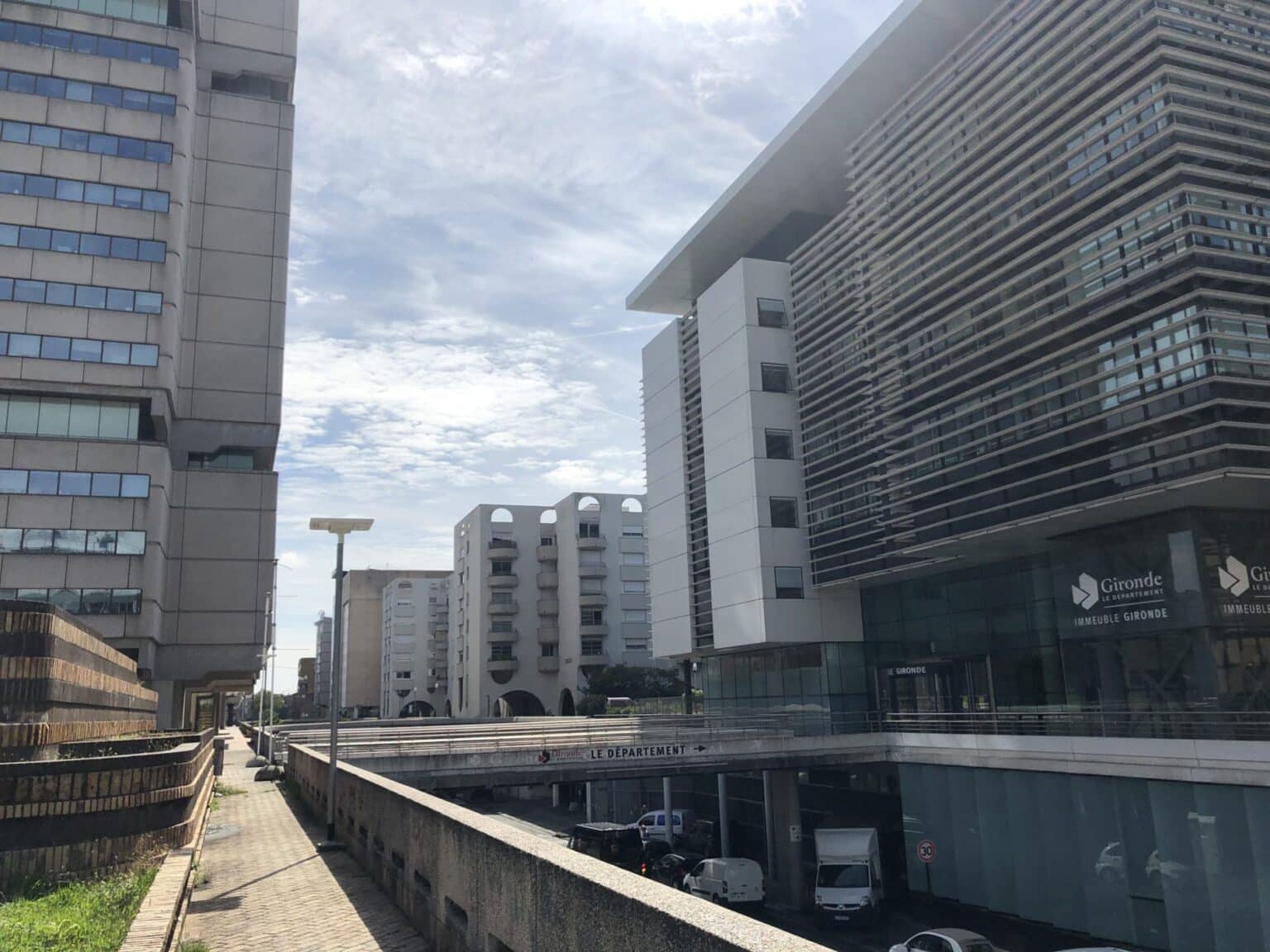
Given the shaded environment and the need for interoperability with the global public lighting control network, only streetlamps connected to the electricity grid have so far met the requirements of local authorities.
Today, these obsolete networks are complicated to renovate given the urban environment of the Mériadeck district in Bordeaux.
That’s why the Bordeaux Metropole experts wanted to test Sunna Design’s intelligent and connected solar lighting solutions.
Indeed, the street lighting fixtures installed in this district are energy consuming and inefficient. They do not anticipate the challenges inherent to the smart and sustainable city.
Also, solar lighting is recommended only in municipalities on the outskirts of metropolitan areas with non-existent or minimal grid.
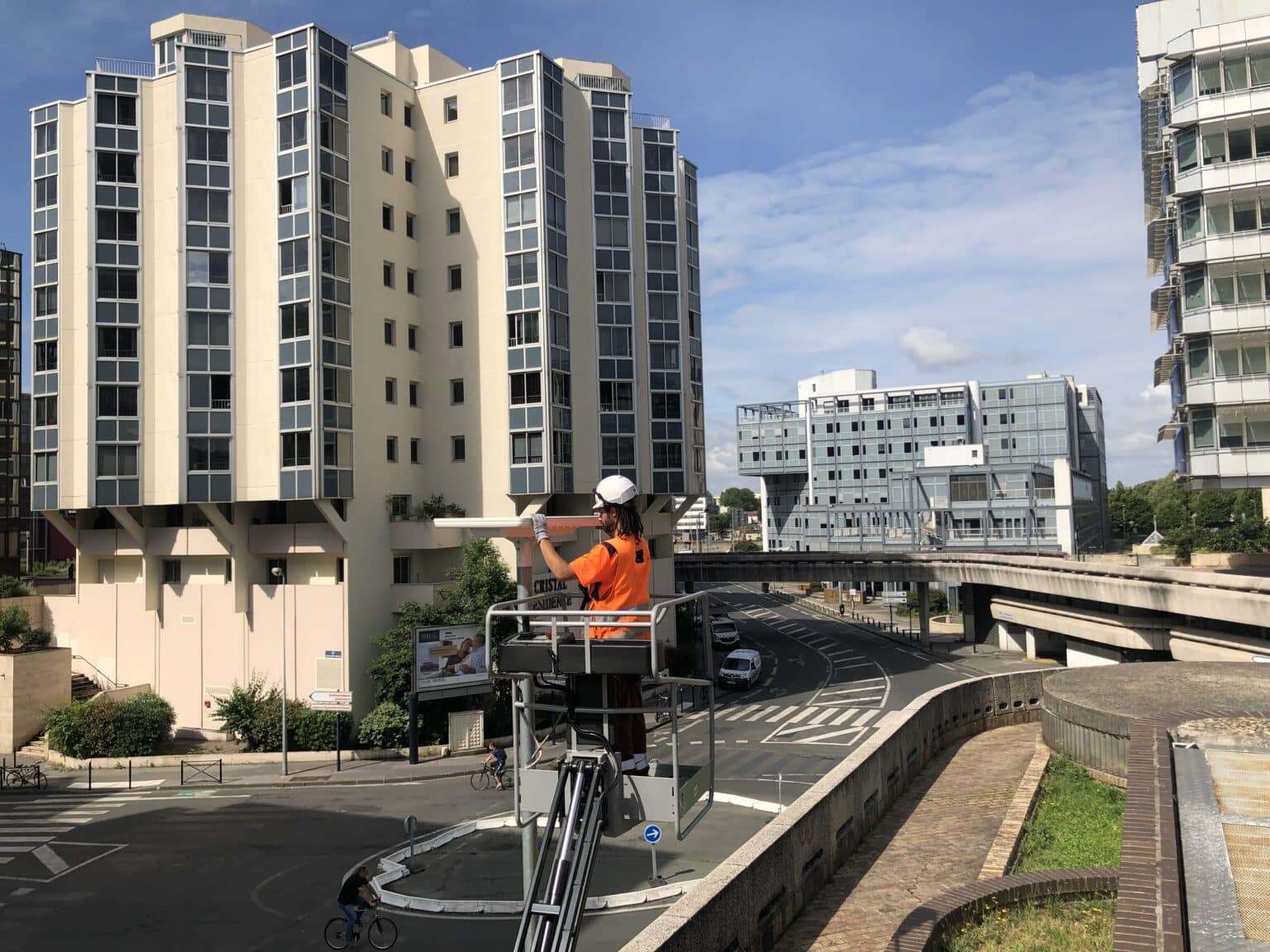
Ensure the same level of lighting functionality as a grid connected lights in a highly urbanized environment where solar radiation is limited.
Secure public area illuminated by contextual lighting behavior and by a group of streetlights.
Measure performance of streetights in real-time and adapt their functional profiles according to local constraints.
Be interoperable with the local authority management platform used to manage the whole urban facilities and networked streetlights in a metropolis.
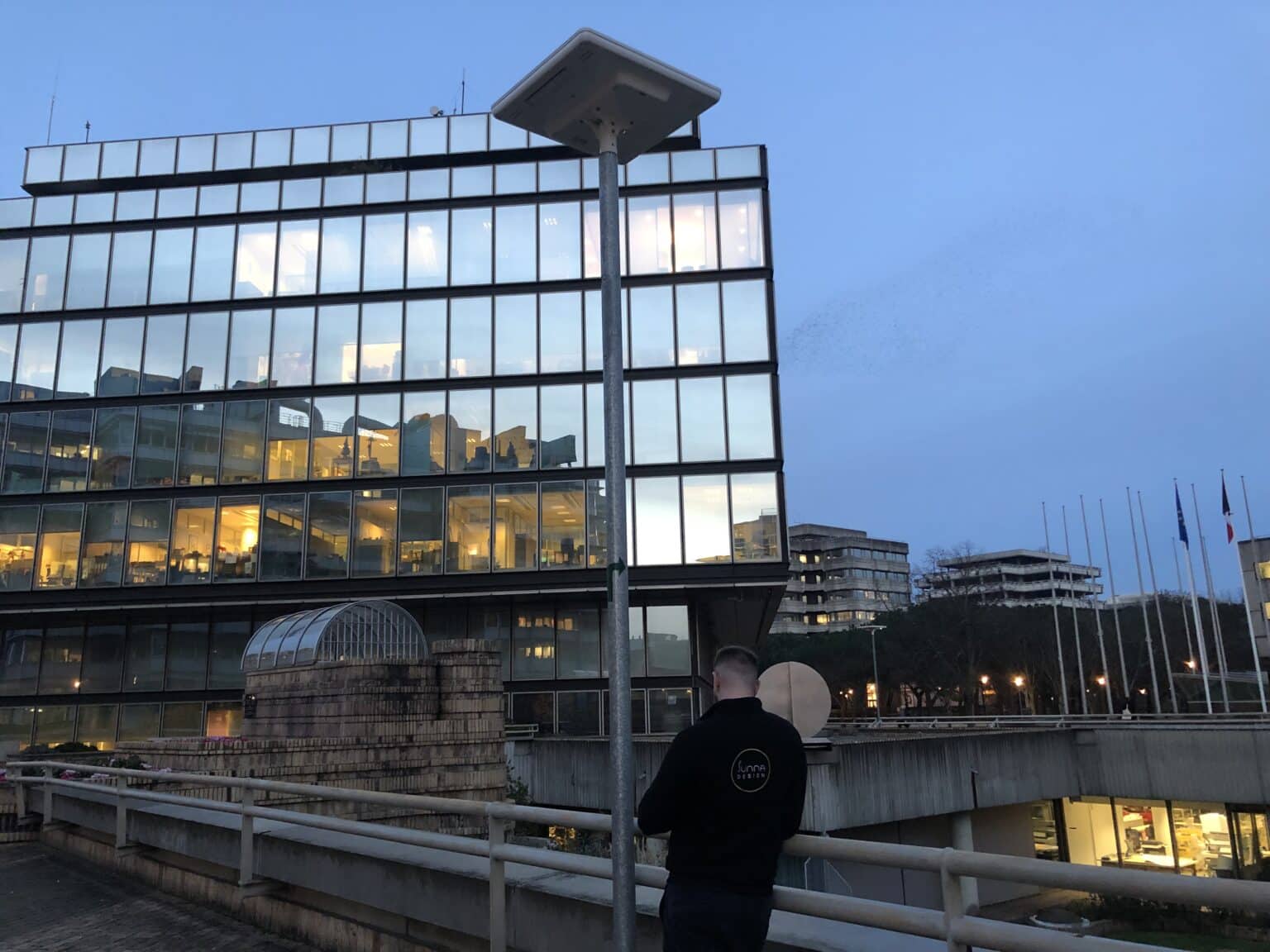
– A predictive algorithm running into its “BMS” (Battery Management System) allows streetlights consumption to be anticipated and adjustment to local conditions to ensure the expected functionality.
– Same group solar streetlights are interconnected to simultaneously light up
– The operation status of each system and its charge history are available in real-time by pairing a mobile phone to streetlight via Bluetooth.
– An autonomous mesh network allows the connectivity of solar streetlights, thus inducing automatic synchronization. This Interconnection between Sunna Design’s solutions guarantees redundancy of the signal in case of one failing. It therefore ensures resilience and continuity of the service.
– The local grid network offers another advantage: transmission of operating data from autonomous solar streetlights in an open data format. Benefit for local community is to use this data and interact with these systems.
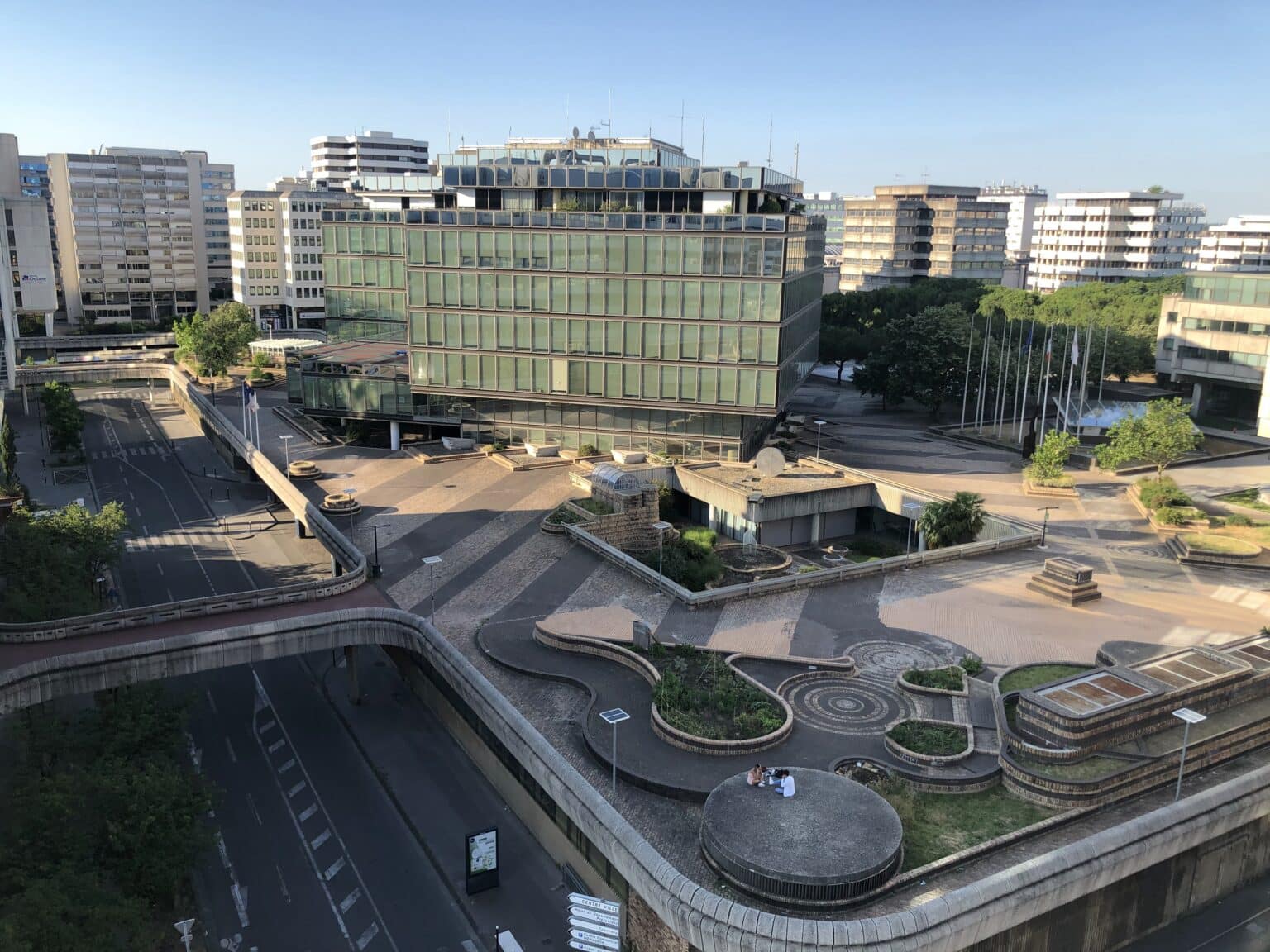
Local and regional authorities can enjoy an alternative to their grid connected lighting with products of the iSSL range.
These intelligent and connected solar streetlights meet public lighting needs for each and every area of intertropical countries.
Equipped with adjustable LED modules, the iSSL Maxi Road finely adjusts its luminous flux to its environment. These solar streetlights which specifically illuminate roads and streets of all sizes and car parks, are “anti-blackout” proofed and resist extreme climate conditions.
Our mobile application SunnAPP drives our fleet of autonomous and connected streetlights.
2018
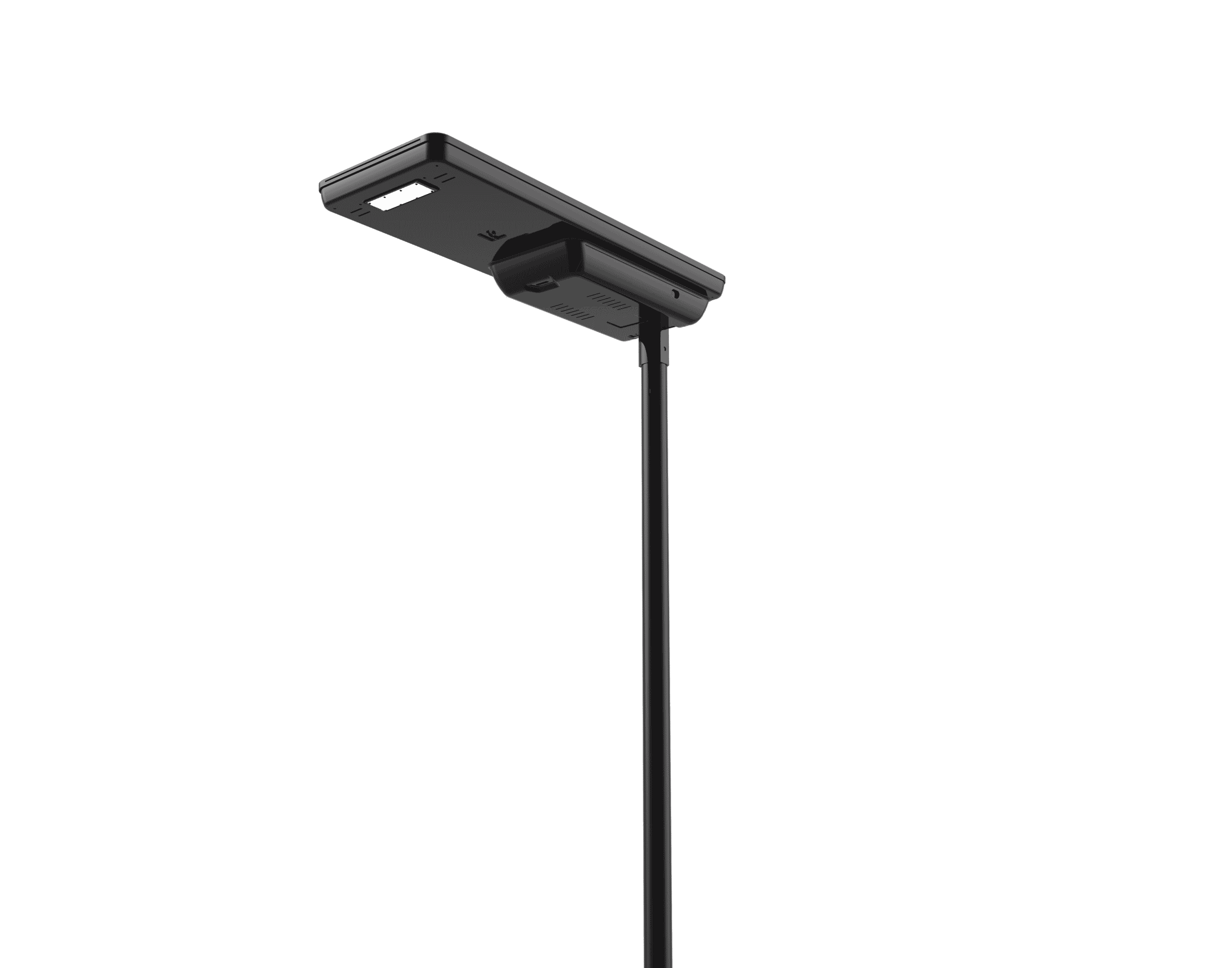
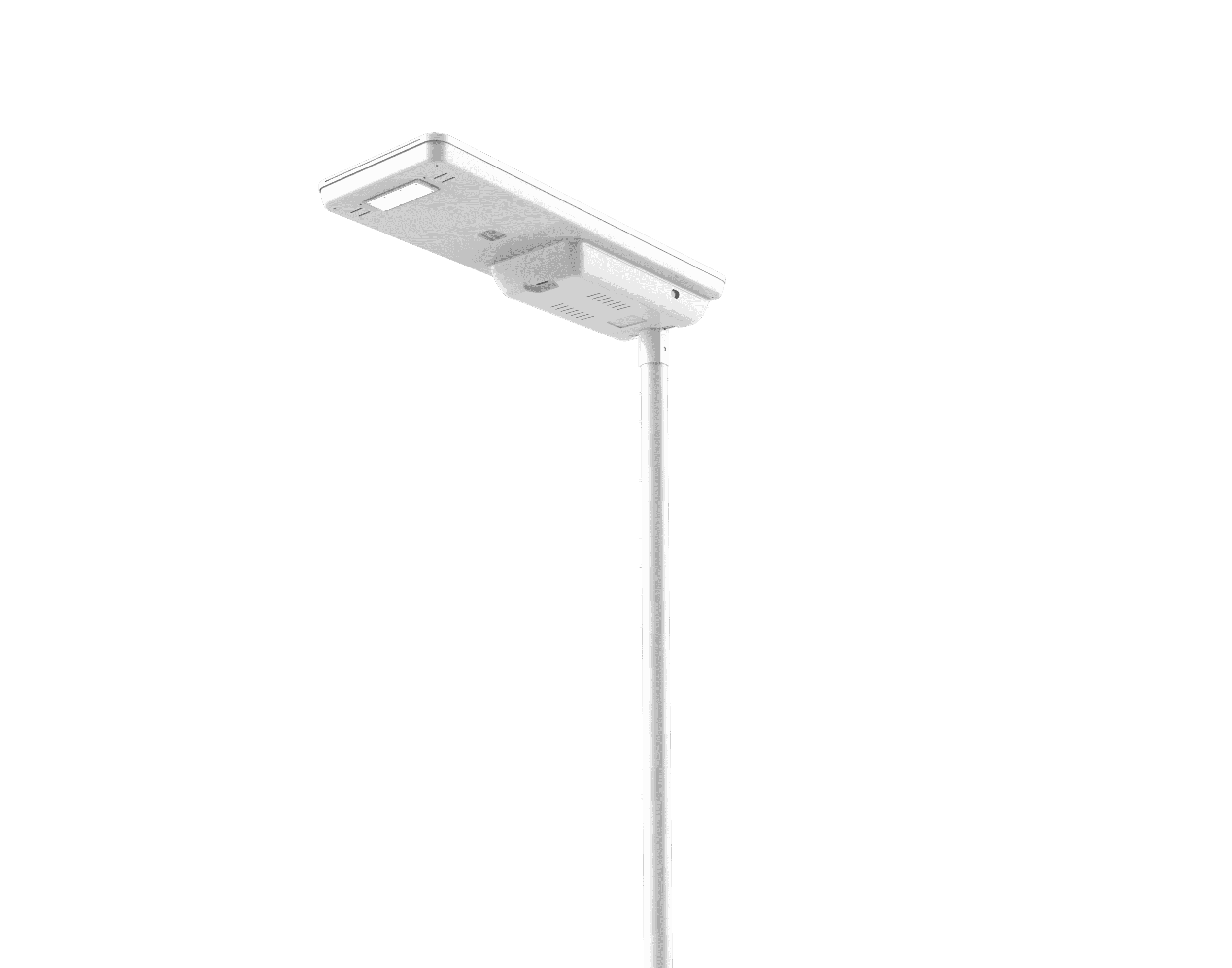
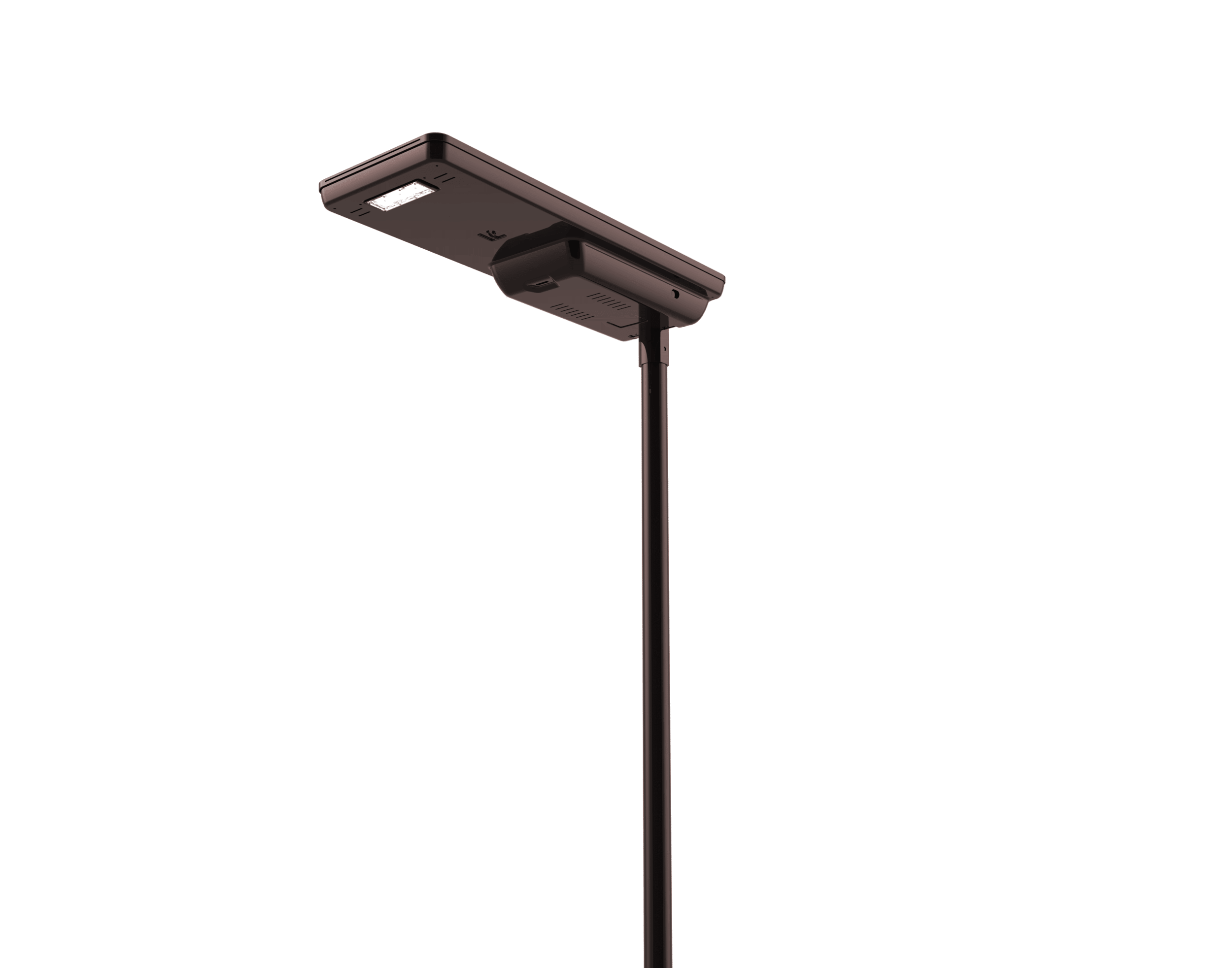
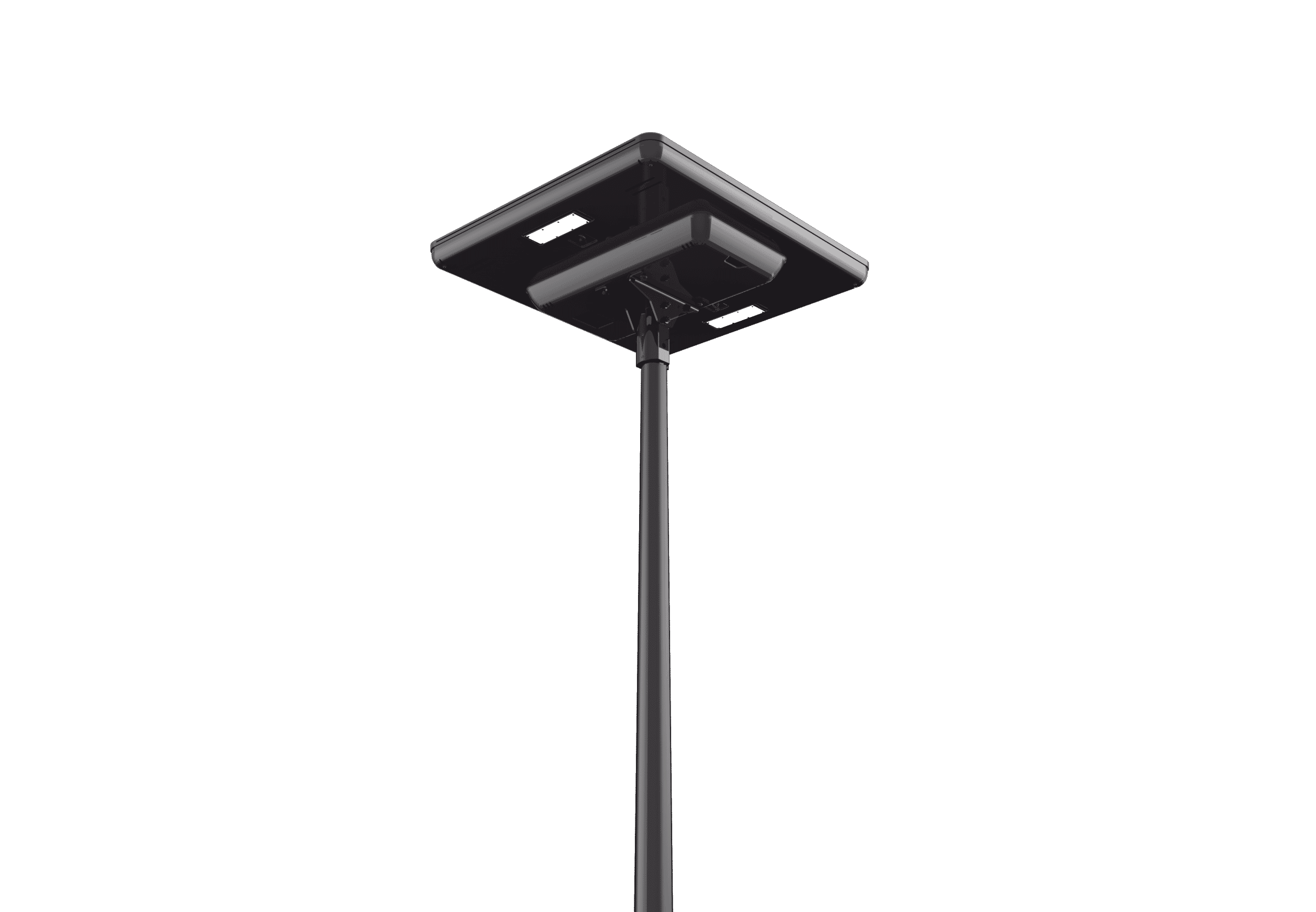
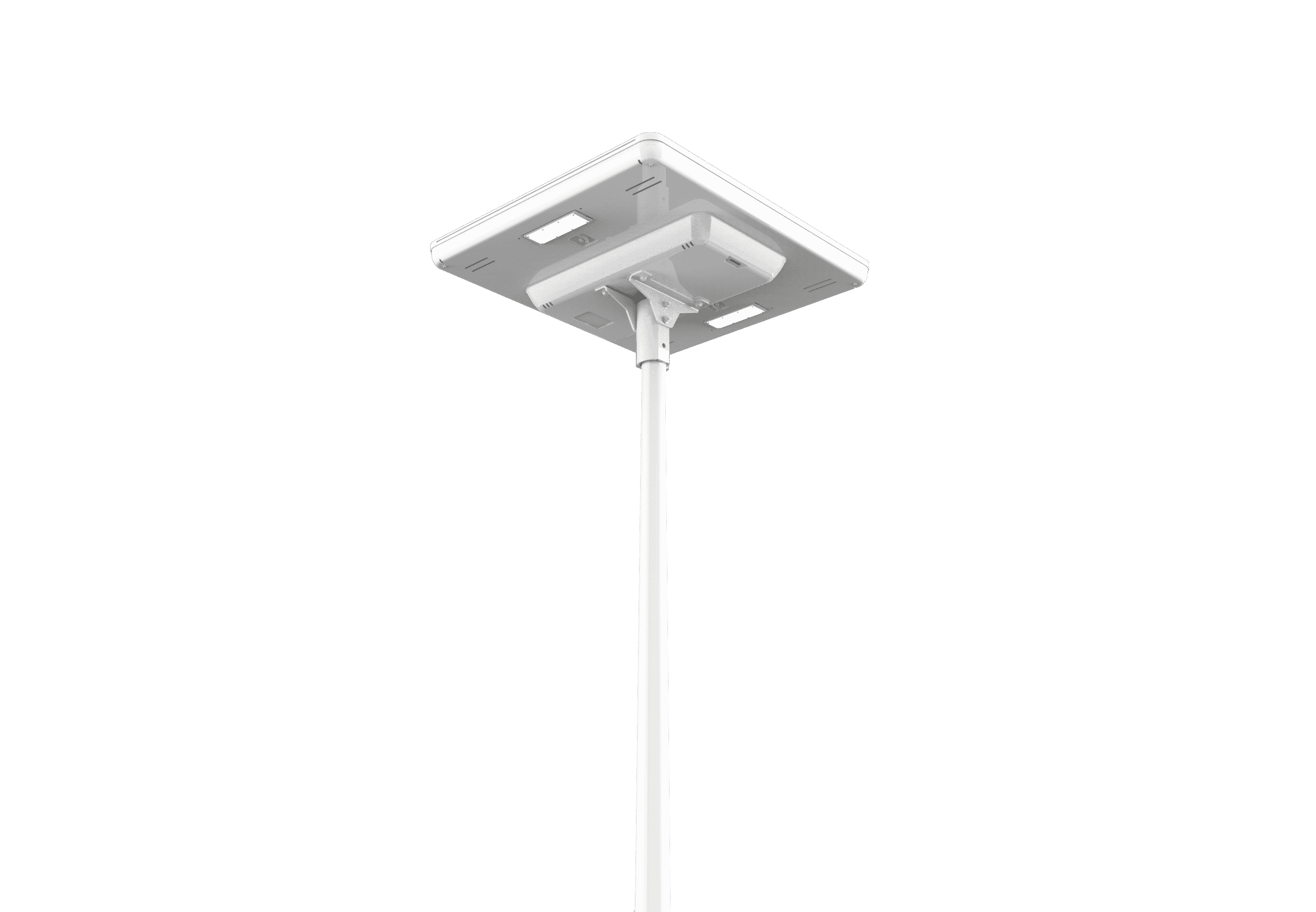
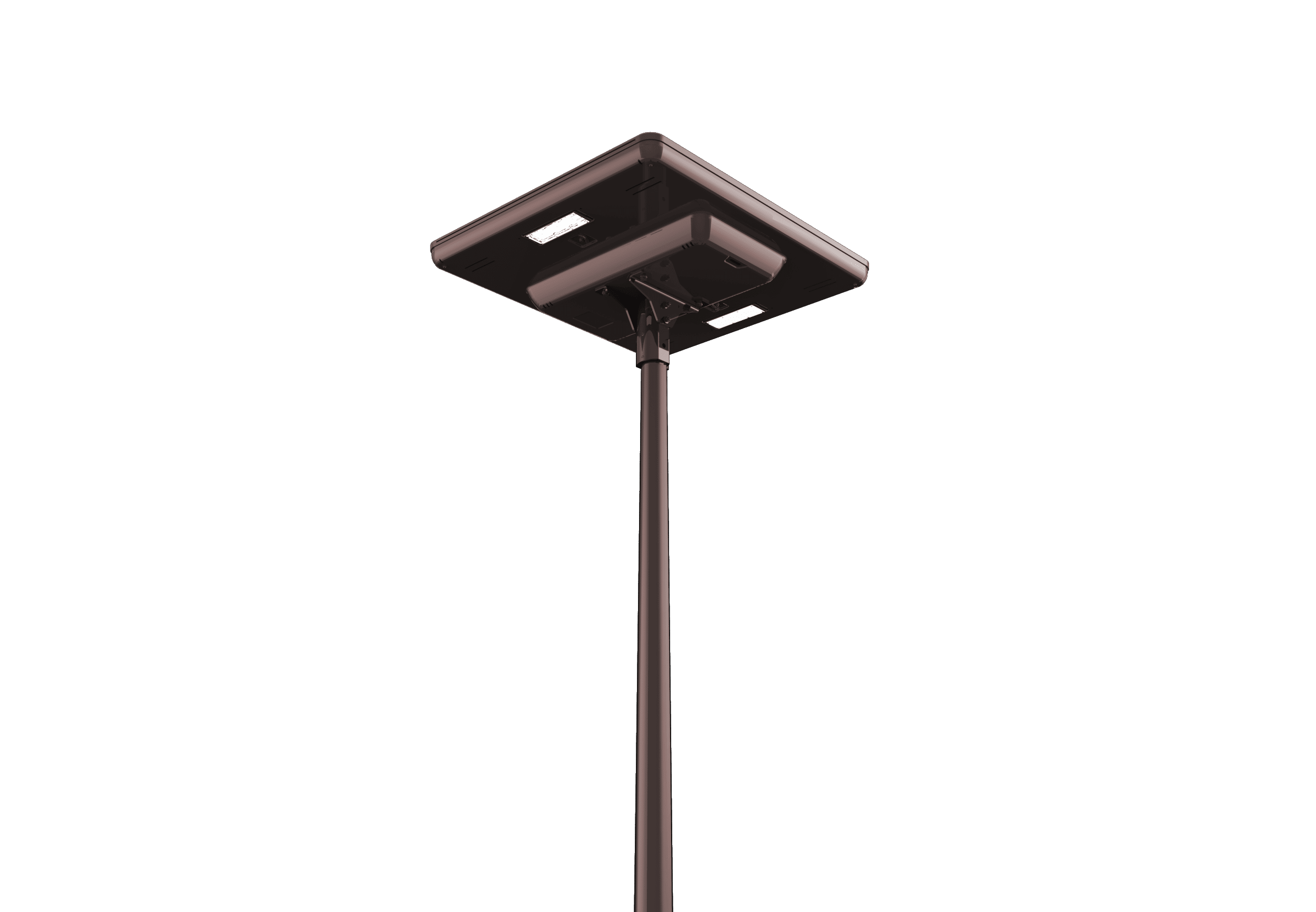
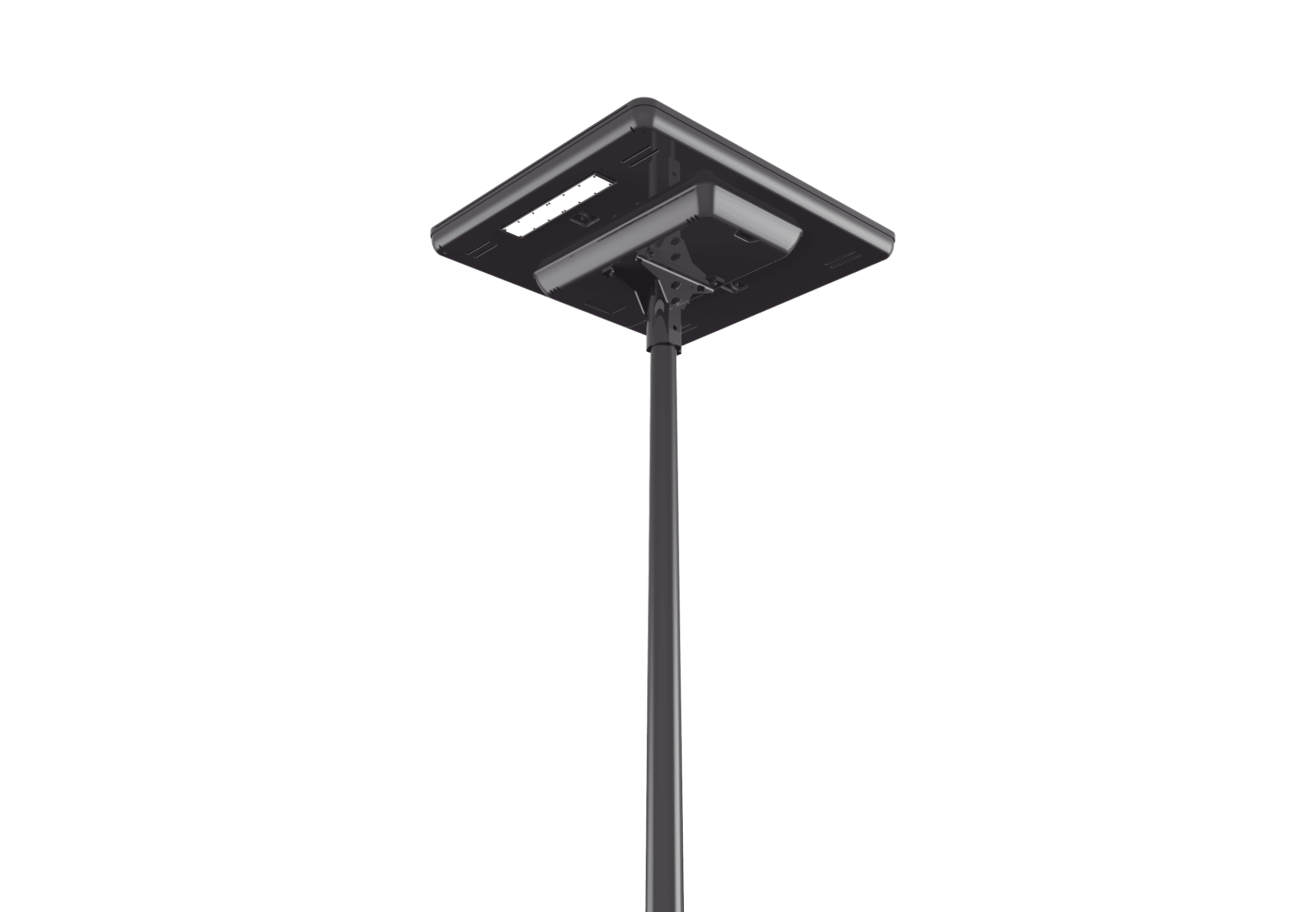
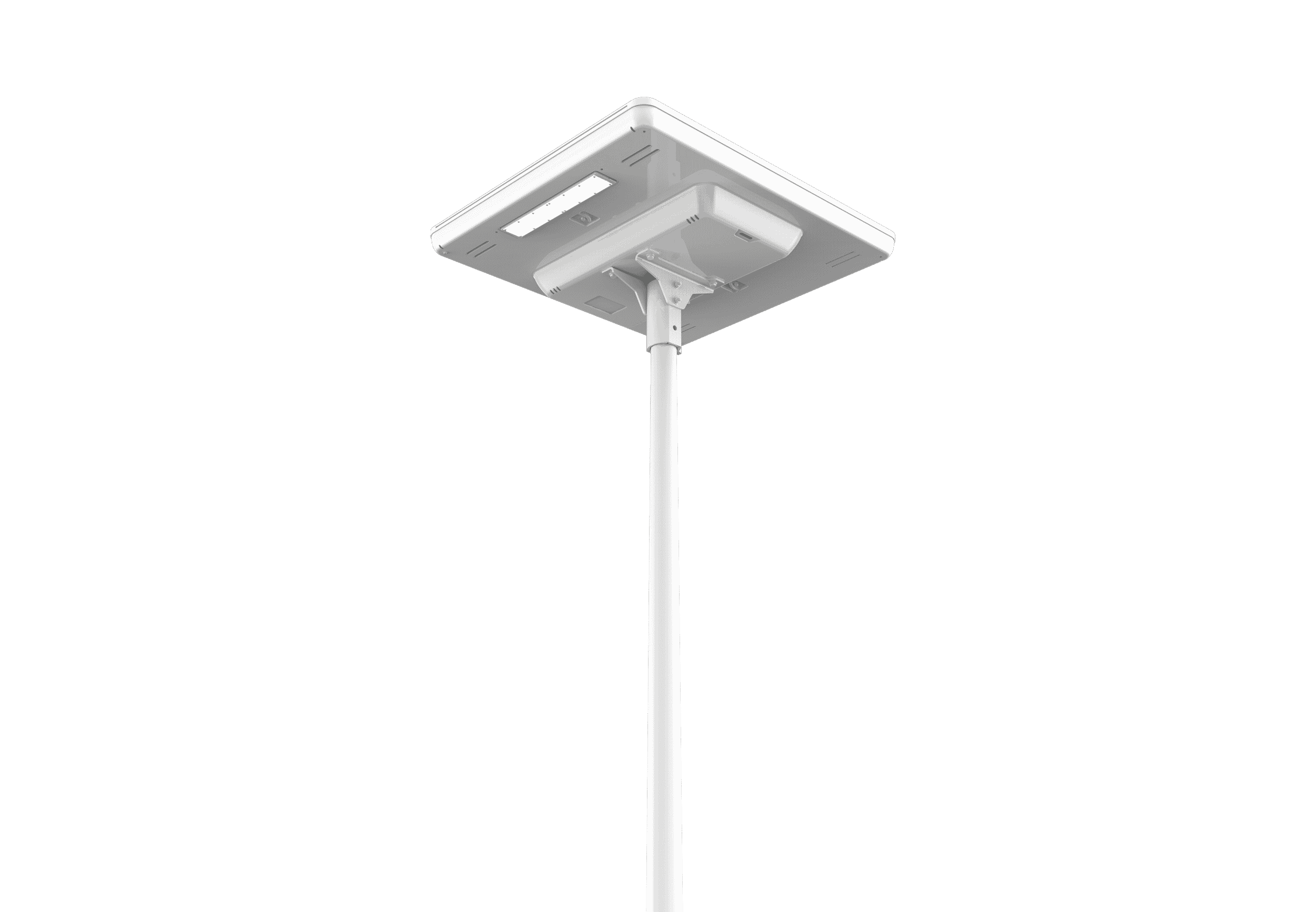
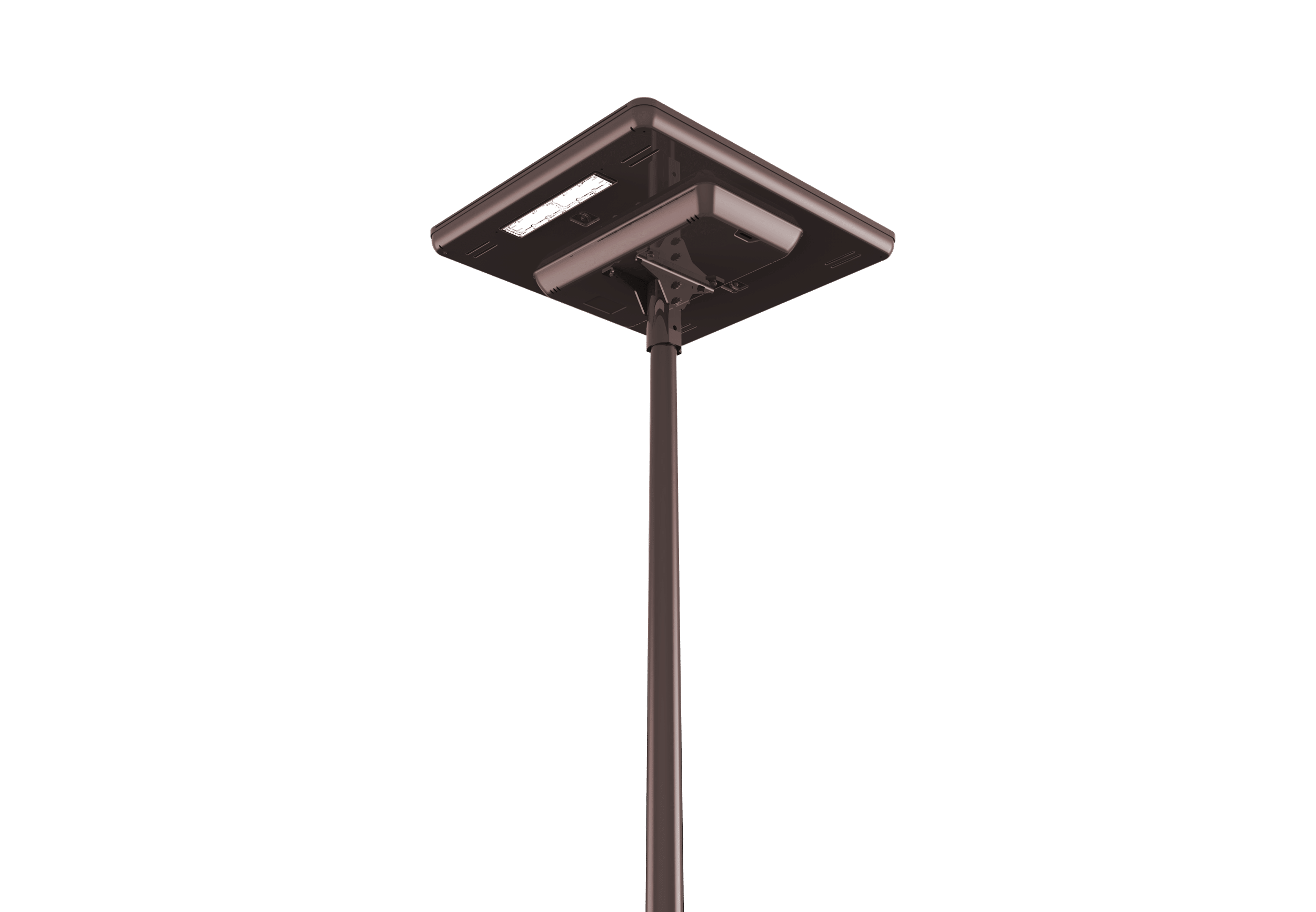
In Benin, the strategic road linking Ouedo to Tori-Bossito has undergone a major transformation, symbolizing national infrastructure development. The Colas Group, the project’s lead contractor, supervised the construction and paving of the road, while a local partner installed 551 solar streetlights from the EverGen range. Today, these streetlights provide sustainable and secure lighting across […]
In Santa Eugenia, a municipality of Majorca in the Balearic Islands, the lack of lighting on Camí de s’Hostalet has made night-time travel on this road challenging. After considering various types of streetlights, the local government selected solar solutions from Sunna Design for their quality, performance, and warranties. Road and street […]
In Abidjan, Copharmed, an innovative subsidiary of CFAO Healthcare, unveils its brand-new 7,200m² facility. This project marks the dawn of a new sustainable era, benefiting from the solar technology advancements provided by Sunna Design. This strategic alliance aligns perfectly with CFAO’s self-sufficiency energy objectives, making a significant step towards adopting renewable energies. Discover how […]
At the heart of Sicily, the municipality of Centuripe has ventured on an ambitious initiative to improve its public lighting on a specific section of one of its bridges. This project led under the guidance of Salvatore La Spina, Mayor of Centuripe, and thanks to the technical expertise of the municipal staff, marks a […]
